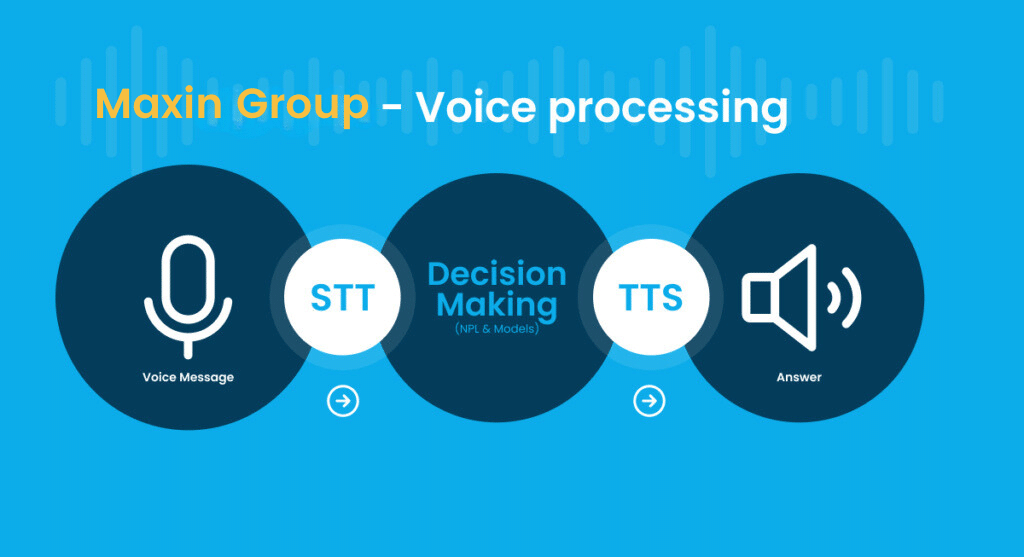What Do You Want to Learn About Today?
Maxin Group Limited
Maxin Group Limited, a top-tier UK tech firm, specializes in custom software development, professional team creation, and digital solutions using advanced technologies like SMAC, RPA, AI/ML, IoT, and blockchain.






ASK@maxingroup.limited
+44 208 167 7710
+44 208 167 7710

